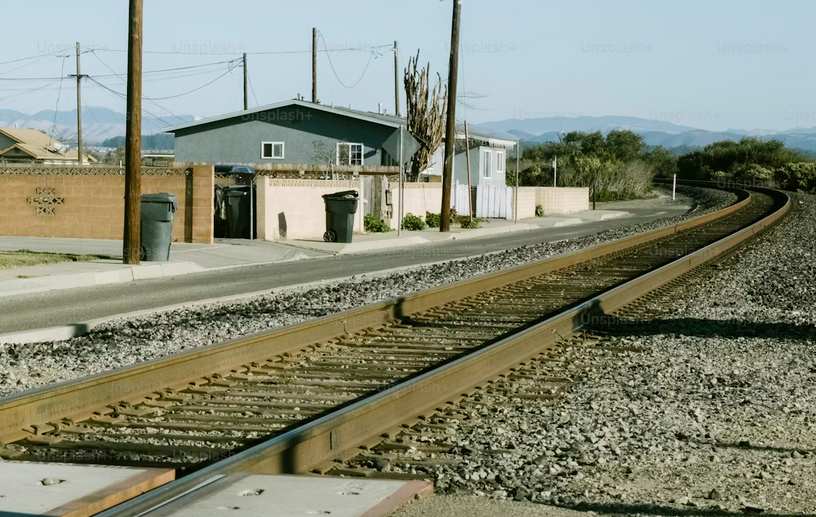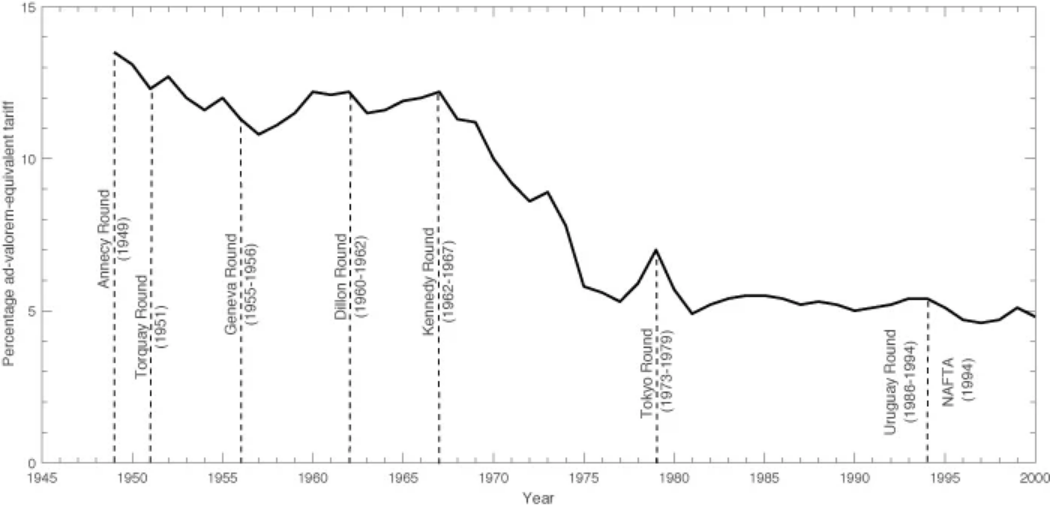
Graham Cox is a labour union researcher at Unifor focusing on economic, bargaining, and policy in the energy, road, rail, and marine sectors.
Previous to Unifor, Graham was a researcher at the Canadian Union of Public Employees (CUPE). At CUPE his work focused on economic and policy analysis for the anti-privatization, trade, post-secondary education, utilities, employment insurance, special projects, and organizing files.
Before working at CUPE, Graham served the student movement as National Researcher of the Canadian Federation of Students and chairperson of the National Graduate Caucus.
Graham has worked as a union organizer for the PSAC, CUPE, and the CFS with a focus on graduate student teaching assistant, research assistant and contingent academic staff union drives. This included leading drives to organize academic workers at the University of New Brunswick, UPEI, and Memorial University of Newfoundland.
Please also see articles under the author Editors (What’s left).
CV available here.











